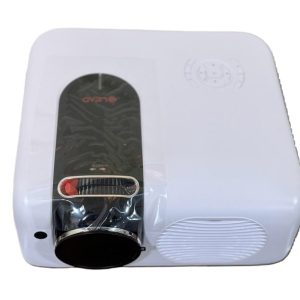We Need More Language Laboratories in Nigeria!

Presently, the popularity of language laboratories (labs) has somewhat diminished with the rise of digital technology and online language learning platforms. This was not always the case, as language labs have been used extensively in schools, colleges, and universities in Nigeria over the years.
Language labs possess many features that make them essential for learning different languages. Some of these features include:
- Audio-Visual Equipment: Language labs typically feature audio-visual equipment such as headphones, microphones, speakers, and often video monitors. These tools allow students to listen to recordings, watch instructional videos, and participate in interactive language exercises.
- Recording and Playback Facilities: One of the main functions of language labs is to enable students to record their own voices and then listen to the playback. This feature allows learners to practice pronunciation, intonation, and fluency, and to compare their speech to that of native speakers or model recordings.
- Individualized Learning: Language labs provide a conducive environment for individualized learning. Each student can progress at their own pace, focusing on areas where they need more practice and skipping over material they have already mastered.
- Teacher Monitoring and Assistance: In many language labs, teachers have the ability to monitor students’ progress remotely and provide assistance as needed. They can also assign specific exercises or lessons tailored to each student’s level and learning goals.
- Digital Technology Integration: With advancements in digital technology, modern language labs often incorporate computer software, multimedia resources, and internet connectivity. This allows for a more dynamic and interactive learning experience, with access to a wide range of online resources, language-learning apps, and virtual communication tools.
- Collaborative Learning Spaces: Some language labs are designed to facilitate group activities and collaborative learning. Students can engage in pair or group exercises, role-playing scenarios, and interactive language games to practice their language skills in a social context.
Overall, language laboratories play a valuable role in language education by providing students with a structured and immersive learning environment where they can develop their language proficiency through a combination of listening, speaking, reading, and writing activities. While their traditional form may have evolved with technological advancements, the underlying principles of individualized practice, feedback, and interaction remain central to their effectiveness.
Key Words: Language Laboratories, Teaching Aids

 Multimedia Projector
Multimedia Projector Video Conferencing Solution
Video Conferencing Solution